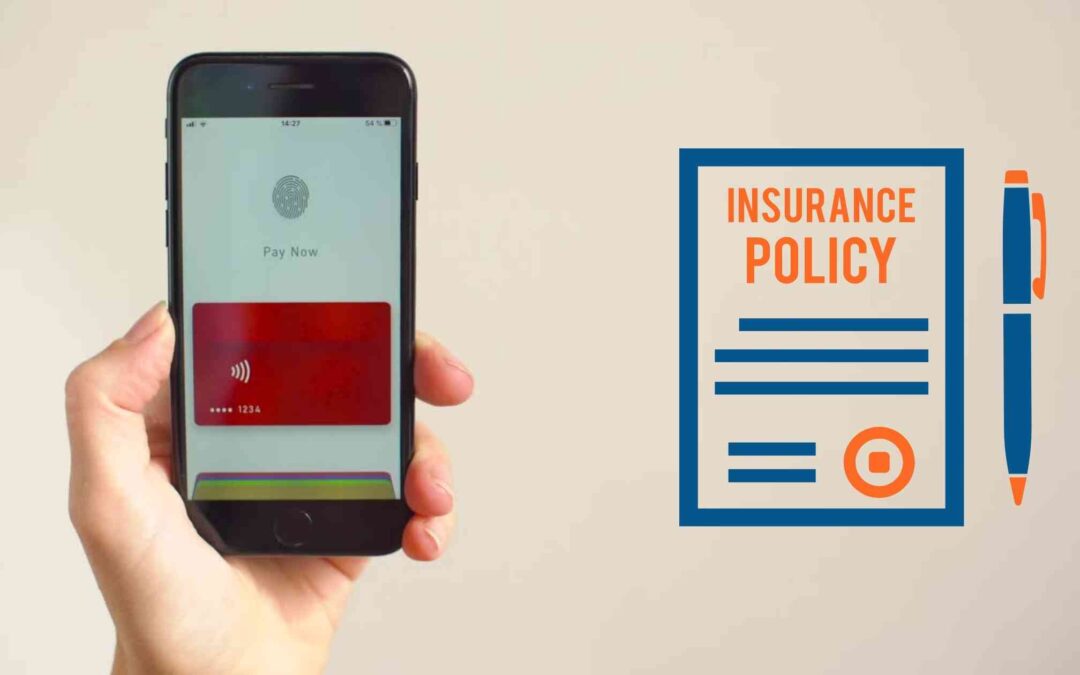Payment apps may lack protection: A recent warning from the US Consumer Financial Protection Bureau emphasizes that the FDIC might not protect money stored in mobile payment apps. Customers could be concerned about whether their funds are insured, highlighting the risks associated with these platforms.
The US Consumer Financial Protection Bureau (CFPB) has advised Americans to keep their money in a secure, insured bank account rather than in an unprotected app.
The Bureau expressed concern over the growing use of peer-to-peer payment apps, which also handle cryptocurrency transactions, due to the increased risk of losing money if things go wrong.
The public has become more aware of the protection offered by the Federal Deposit Insurance Corporation (FDIC). This comes after the failure of several cryptocurrency platforms and a banking crisis that resulted in the loss of a huge amount of customer money.
Despite this, the CFPB warns that a lot of money is still being held in these payment apps, which aren’t covered by the FDIC.
Payment services don’t offer insurance for your funds
The CFPB says that many peer-to-peer apps like PayPal, Venmo, Cash App, Apple Pay, and Google Pay have features that work much like bank accounts, although Meta Pay doesn’t have that feature.
The companies behind these apps actually like it when you keep your money in their apps because they can then use your money for their own investments (within legal limits), while they hardly ever pay you any interest on the money you store. However, there is a risk involved for these companies, as they could potentially lose money on the investments they make.
The CFPB explains that if your money is in an FDIC-insured account and something goes wrong, whether you’re covered by their insurance is only decided after the fact.
Plus, the insurance only covers the bank’s failure. It doesn’t cover the failure of the payment app, which is usually controlled by state laws and not watched over by the federal government. Most of the time, these state laws are meant for transferring money, not storing it.
So, if you have money in PayPal or Venmo, it could be protected by this pass-through insurance when it’s in their partner banks, but not if they’ve used your money for investments. Also, it might not be clear to you where your money is actually kept.
More and more, these mobile payment services are letting you handle cryptocurrencies. But remember, payment apps may lack protection and cryptocurrencies aren’t insured, even though services like PayPal and Venmo let you keep crypto in your accounts.
In October 2022, the EU published a report to describe the risks of crypto assets investments.
According to the report. “The pseudonymity that prevails in crypto-asset markets makes it virtually impossible to assess the creditworthiness or aggregate exposures of participants.” The paper also talks about the leverage offered by crypto exchanges to individual investors, which can raise up to 125x.
While some jurisdictions try to adopt regulations to protect investors (e.g., MiCA), these regulations often fall short in the face of the ever-expanding crypto industry.
All in all, keeping your crypto investments is a very risky business, and you should be aware of the risks.
Why aren’t crypto insurance policies good enough yet?
Insurance companies still need to improve their crypto insurance plans. Right now, these plans don’t cover everything. To fully protect all your crypto assets, you might have to combine different plans. One might cover the loss of your private key, another might cover errors in smart contracts, and you might need a third in case your wallet company goes under.
What are the risks of investing in cryptocurrencies?
Cryptocurrencies are pretty risky. Their prices can go up and down much more than things like stocks. Future prices could also be impacted by changes in laws, which might even make cryptocurrencies worthless. Plus, cryptocurrencies are always at risk from cyber threats like hacking and theft.
Are cryptocurrencies insured by the FDIC?
No, they’re not. The FDIC insures normal bank accounts up to $250,000, but it doesn’t protect cryptocurrencies at all. If you’re not from the US, you should check your country’s financial authority and see their conditions for insured investments and their limitations.
Can I get insurance for my cryptocurrency investments?
Yes, you can get insurance that offers limited protection against cryptocurrency theft. But these policies often only cover specific situations. They generally don’t protect you against losses due to market changes, hardware damage or loss, sending cryptocurrency to someone else, or problems with the blockchain technology that supports the asset. If you want more comprehensive coverage, you’ll probably need to buy multiple policies.

